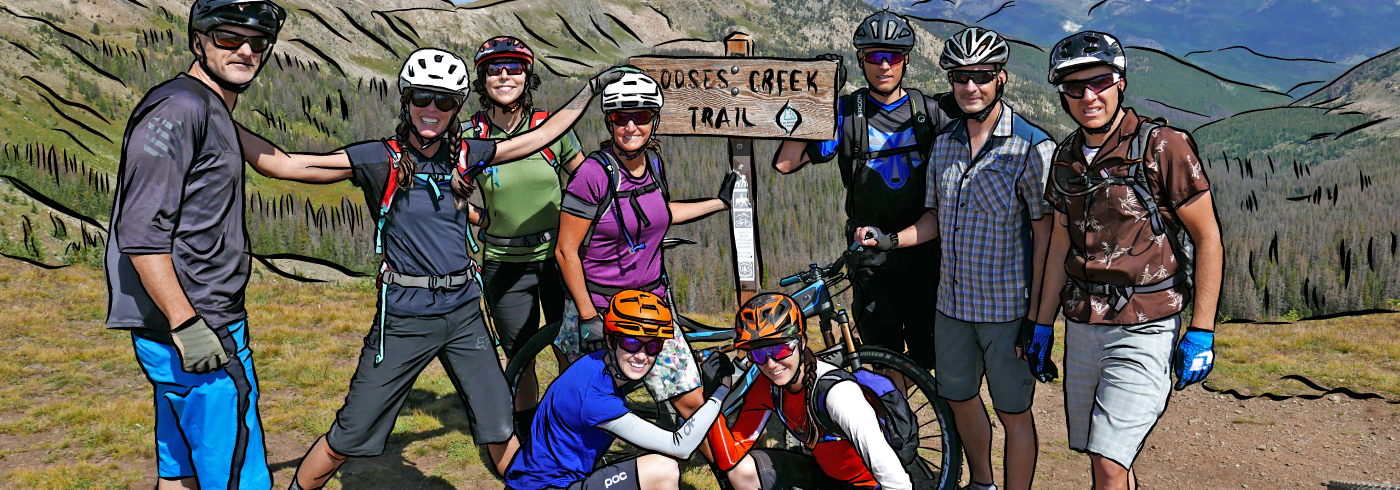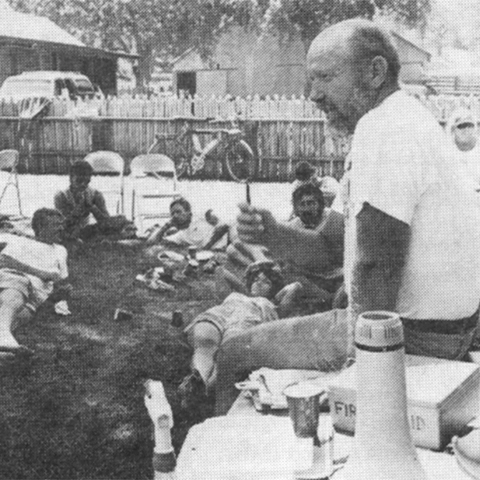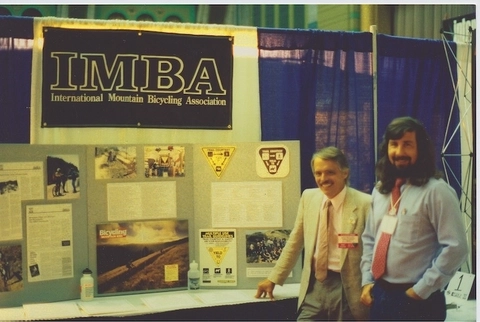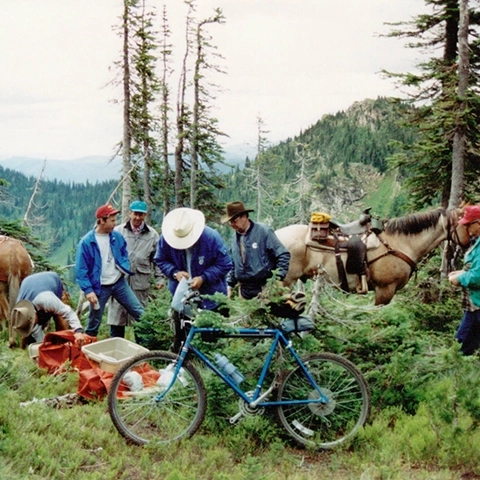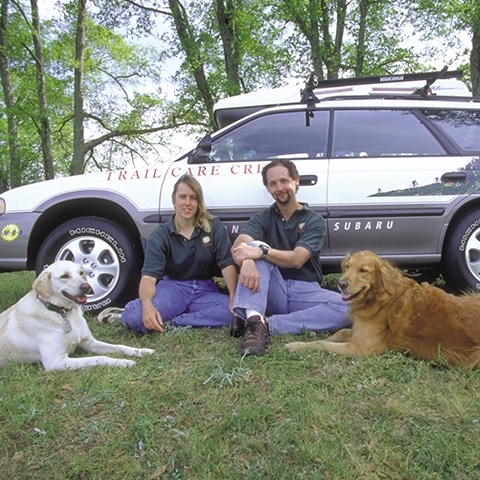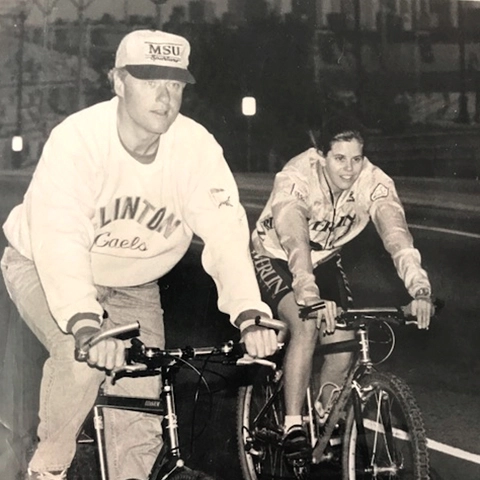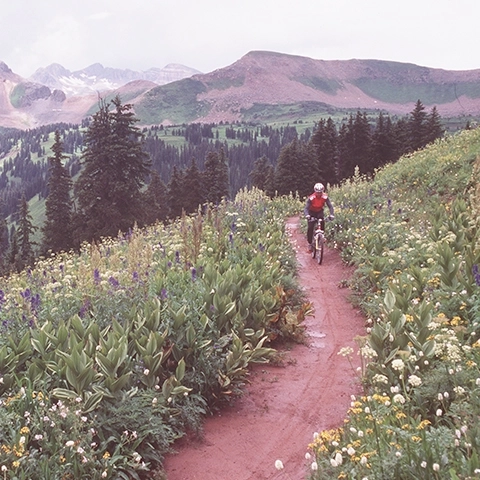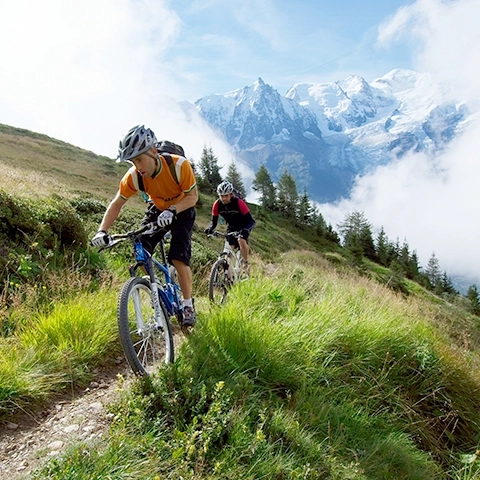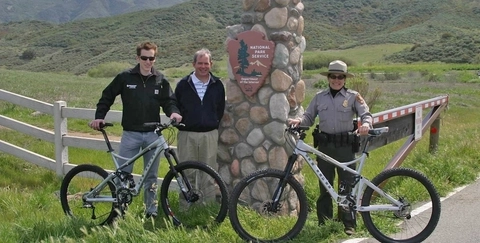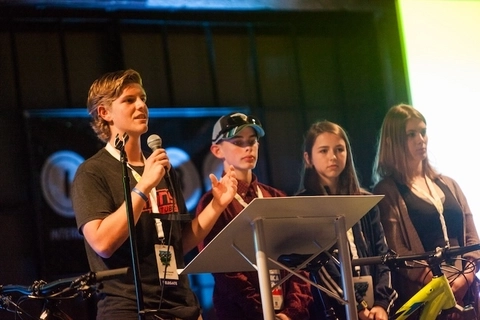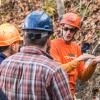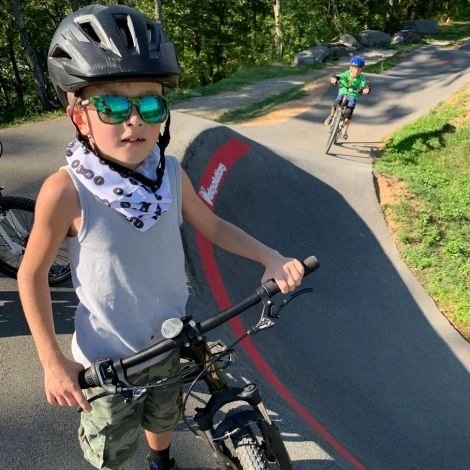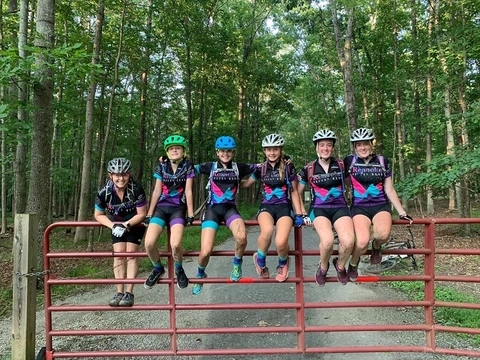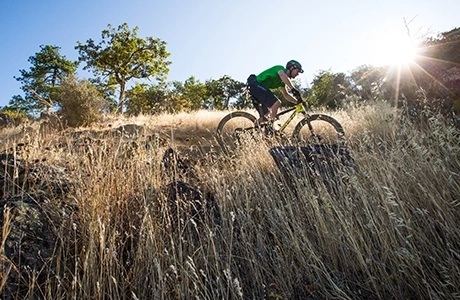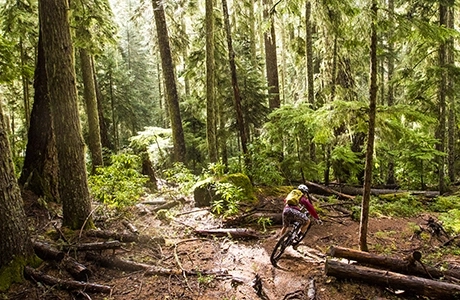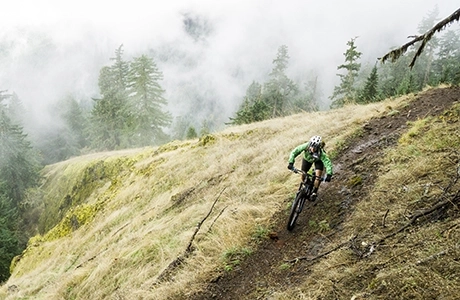Our mission
To create, enhance, and protect great places to ride mountain bikes.
Our Vision
Everyone across the U.S. has access to great trails- from close-to-home rides to iconic, backcountry experiences.
Our Goal
To grow the quantity and quality of mountain bike trail communities across the U.S. By 2025, we aim to partner with 250 new communities on equitable access to diverse, high-quality trails.
Our Focus
More trails close to home.
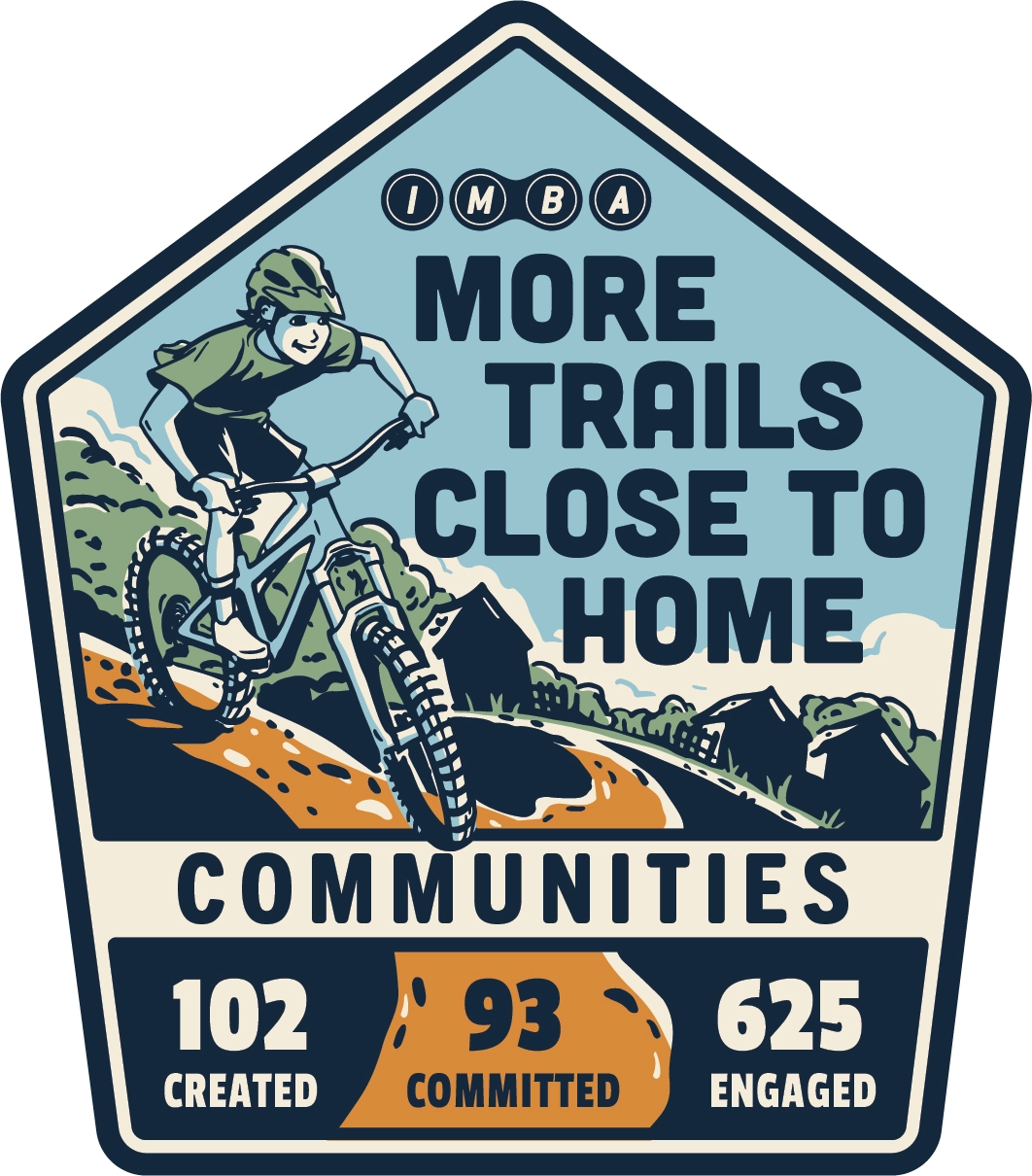
35+ years
of advocacy
5000+
trails built
200+
affiliate groups
200k
supporters
Why Close to Home?
Trails close to home mean more quick hits for mental health and fun. In large cities and small rural towns alike, trails enhance quality of life, provide economic benefits and create community. We know all of this because IMBA and our local partners have been making these things happen worldwide for 35+ years, and we want to make sure trails happen in more places, more rapidly.
Core Values
IMBA is committed to modeling a values-driven culture. These values guide our commitments to our neighbors, the land, responsible riding, and sustainable trails.
Community
Our work supports communities, wellness, economies, and public lands for present and future generations. We support mountain biking communities to bring people together, to keep neighbors healthy, to strengthen and sustain economies, and to protect and expand outdoor spaces.
Stewardship
We share a responsibility to protect our national landscapes for intrinsic value and so communities can cherish the great outdoors. We ensure mountain biking is a low-impact activity that aids in protecting and enjoying open space, and we promote sustainable trails to minimize impacts on the land, natural resources, and wildlife.
Access
We work toward increased trail access for every rider to ease entry into the sport. We recognize a strong mountain bike community must be reflective of the whole community—we encourage, embrace and celebrate all riders. We want everyone to experience the joy of mountain biking.
Partnerships
Collaborations are vital to our success. We are proud to partner with trail champions to support their vision, tenacity, and journey toward more and better trails. We are inspired by working with local organizations on shared values and common goals that will change lives by building welcoming, robust mountain biking communities.
Working on behalf of mountain bikers
for more than three decades
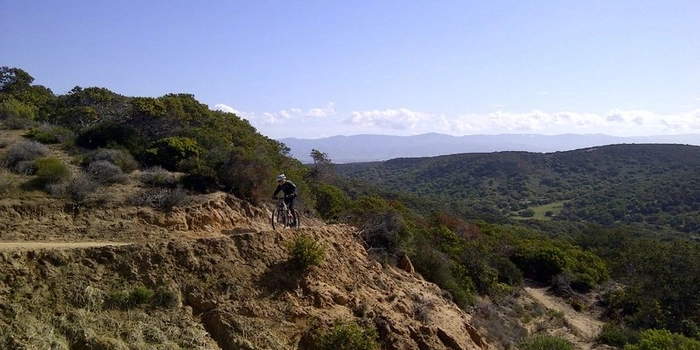
Our History
The International Mountain Bicycling Association (IMBA) creates, enhances, and protects great places to ride mountain bikes. IMBA wants everyone to have access to great places to ride, from close-to-home rides to iconic, backcountry experiences. Since 1988, IMBA has partnered with communities across the country and the world on trail advocacy, trail education, trail solutions, and trail stewardship for more and better mountain biking for every body, everywhere.
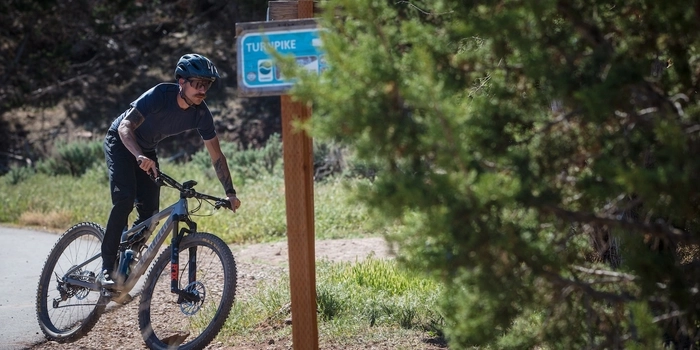
Trail Enhanced Communities
Across the globe, trails enhance the quality of life, provide economic benefits, and help create community. Sustainable trails that are accessible and close to home improve the health of communities by inspiring more riders to get out and get active and creating more access to recreation and green spaces.
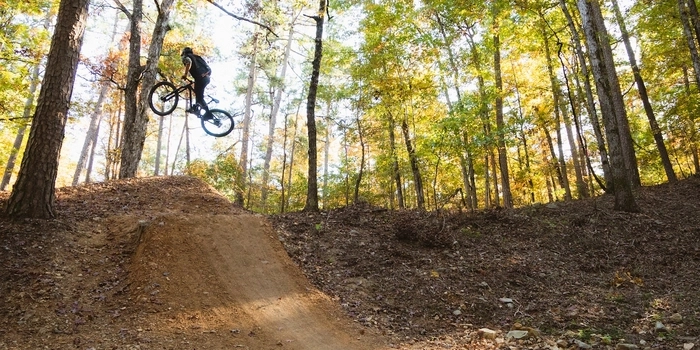
Let's Build More
By 2025, IMBA aims to partner with 250 new communities to create more trails close to home. Meet pivotal members of the team who brought the Northwoods Trail System to life in Hot Springs, Arkansas.
More Trails and Counting
Thanks to the decades-long work of trail champions that continues today, there is a deepened understanding of the many ways trails add value to communities. IMBA supports community leaders as they build their vision for trails, and can partner with a community at any step in a trail’s process: advocacy, access, funding, assessment, planning, design, construction, stewardship, and beyond.
